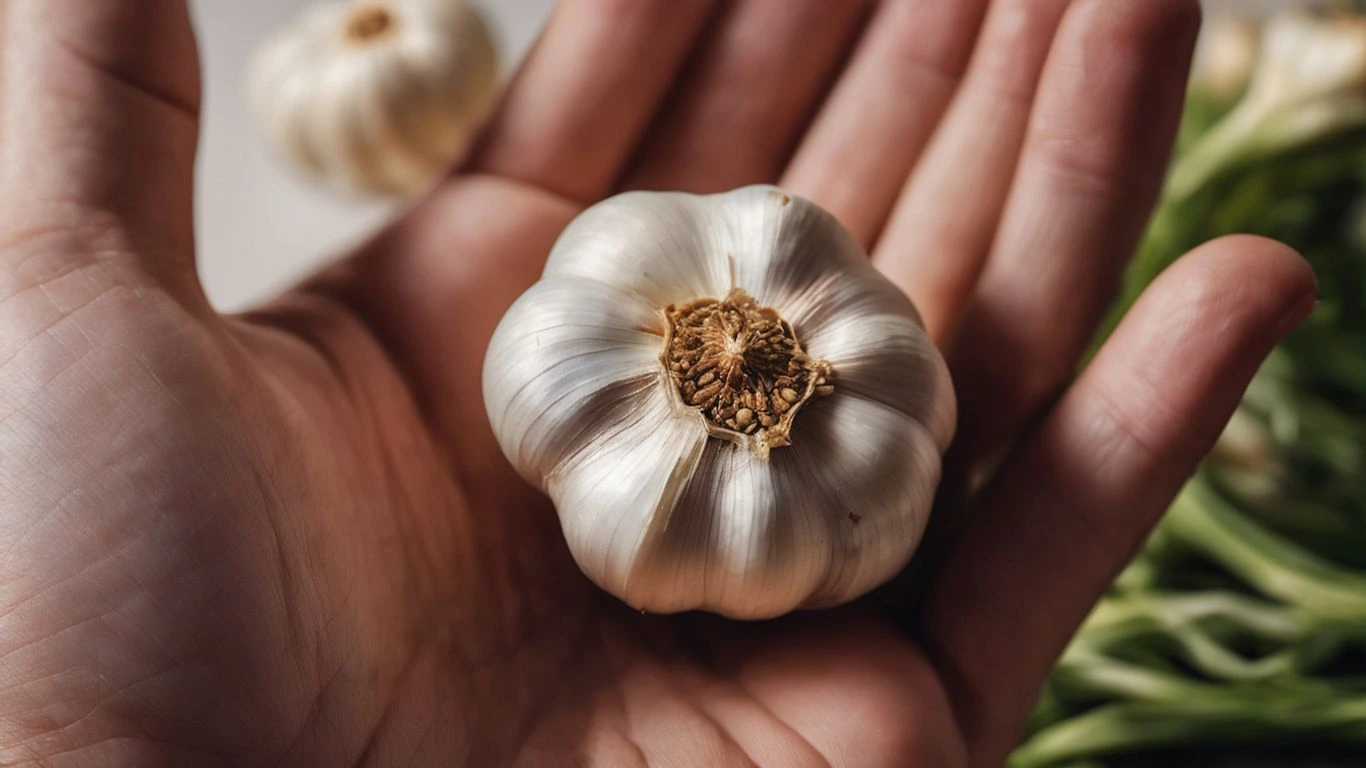Insulin Plant (Costus igneus): Benefits, Uses, and Choosing Between Plant-Based and Engineered Insulin
2023-11-30
Costus igneus, also known as the insulin plant, has been recognized for several years as an herbal remedy able to decrease the amount of sugar in the blood. Insulin plants that are native to Southeast Asia, especially India, are becoming popular for their presumed antidiabetic properties. The major focus of this plant’s leaves involves compounds that are believed to act like insulin for absorption and control of insulin in the body. The insulin plant, or melliton, has been employed as a natural cure for diabetes in traditional medicine systems, especially in Ayurveda. There are even some studies that point at possible benefits, but the efficacy and safety need to be further investigated. Like any herbal remedy, people should be careful, consult their doctors, and not think that the plants are enough to manage diabetes
How do I consume the insulin plant, and which part of the plant ?
Costus igneus, commonly known as the insulin plant, has medicinal value because its leaves are used in the treatment of diabetes. Here's a general guide on how the insulin plant is commonly consumed:
1. Fresh Leaves:
- The insulin plant is usually taken as fresh leaves.
- Clean the leaves well and chew them directly after washing.
- Some people, however, choose to add the freshly picked leaves to smoothies or juices.
2. Leaf Extract:
- Yet another process involves the extraction of the juice from the leaves.
- Get juice out of the leaves and drink it by crushing or grinding them.
3. Powdered Form:
- Others ingest dried and powdered insulin leaf.
- It will also mix easily with powdered food and drink.
4. Infusion or Tea:
- Infusion, or tea, is obtained when fresh or dried leaves are steeped in hot water.
- Let it brew for a couple of minutes, then strain away and drink up.
It's crucial to remember that, despite the insulin plant's increasing interest due to its possible anti-diabetic qualities, there is now little scientific proof of this, and individual differences exist in its effectiveness.
What are the side effects and benefits of using the insulin plant for diabetes?
Although some cultures have historically utilized the insulin plant (Costus igneus) for its possible anti-diabetic effects, it's important to approach its consumption with caution. Here are a few possible advantages and things to think about:
Potential Benefits:
1. Blood Sugar Regulation: Research indicates that substances found in the insulin plant may improve insulin activity, which in turn may help reduce blood sugar levels.
2. Conventional Medicine: The insulin plant has been utilized as a diabetic treatment in conventional medical systems such as Ayurveda.
Considerations and Potential Side Effects:
1. Limited Scientific Evidence: Some studies have demonstrated that the insulin plant possesses anti-diabetic properties; however, more research needs to be conducted.
2. Individual Variability: There are some variables that affect how good the insulin plant is for different individuals and may lead to inconsistent levels of blood sugar levels.
3. Interactions with Medications: There is also the possibility of drug interactions when taking prescriptions for conditions such as diabetes. Talk to your doctor or health care provider before you start using it as part of your daily routine.
4. Allergic Reactions: Some people can be allergic to certain plants. In case of any allergic reaction like itching or swelling, stop using and consult a physician.
5. Digestive Problems: Eating the plant might occasionally cause digestive problems. It is best to cut back or quit using it if you have stomach problems.
6. Pregnancy and Breastfeeding: Before utilizing the insulin plant, women who are pregnant or nursing should use caution and speak with a healthcare professional.
What are the other health benefits of the insulin plant?
Despite gaining attention as an anti-diabetic, there is a dearth of scientific evidence on the health benefits of the insulin plant. These perceived benefits have a lot to do with the original uses of the plants and people’s experiences. Here are some potential health benefits associated with the insulin plant:
1. Anti-Inflammatory Properties: According to some traditional usages, insulin plants may have anti-inflammatory properties that may help in curing different diseases.
2. Antioxidant Activity: Like several plants, the insulin plant may possess antioxidants that work against several free radicals in the body. Antioxidants are said to have beneficial health properties and may provide some degree of protection.
3. Immunomodulatory Effects: It is also reported that the insulin plant may have immunomodulatory properties that affect the immune system's response. This might also have an impact on general immunity.
4. Anti-Hyperlipidemic Effects: Research on the insulin plant's possible lipid-lowering properties has revealed that it may aid in controlling blood cholesterol levels.
5. Wound Healing: The insulin plant has been utilized for its alleged wound-healing qualities in traditional medicine. It is thought to facilitate the healing process of cuts and wounds.
Given the paucity of scientific data to back up these claims, it is imperative that we approach these possible benefits with caution. Prescription drugs or medical therapies should not be replaced with the insulin plant. It is best to speak with a healthcare provider if you are thinking about using the insulin plant for its possible health benefits, particularly if you are on medication or have pre-existing medical conditions.
Plant-Based vs. Genetic Engineering: Pros and Cons
Plant-Based Insulin:
Pros:
1. Natural Source: Plant-based insulin originates from plant materials that are mostly genetically engineered (GE), like bacteria or yeast, for example, to produce the insulin in a manner that closely resembles how it naturally occurs in the human being.
2. Reduced Allergic Reactions: People who have allergies to animal-based insulin may use plant-based insulin as a substitute.
3. Potential Lower Cost: Some other production methods may be more expensive than the plant-based production of insulin.
Cons:
1. Purity and Standardization: It can be difficult to achieve consistent purity and standardization in plant-based insulin, which may compromise its dependability.
2. Scale-Up Challenges: Compared to alternative insulin production techniques, scaling up production to satisfy global demand can be more difficult.
Genetically Engineered (Recombinant) Insulin:
Pros:
1. Purity and Standardization: Using sophisticated genetic engineering techniques, insulin is produced with the highest purity and homogeneity, thereby guaranteeing its molecular stability.
2. Production Efficiency: Insulin made through recombinant DNA technology has led to the mass production of the drug to cater to diabetic patients.
3. Customization: Genetic engineering allows specific insulin modifications that may be more physiological than human insulin and eventually enhance its efficacy as a treatment.
Cons:
1. Possible Allergic Reactions: Although they are uncommon, allergic reactions to genetically modified insulin are nonetheless possible for some people.
2. Ethical Concerns: For some people, the use of genetic engineering raises ethical questions that could affect their preference for other sources of insulin.
Ultimately, a number of criteria, such as cost, accessibility, ethical issues, and the specific needs of each patient, will determine whether to use genetically modified insulin or plant-based insulin. Getting advice from medical specialists is essential when deciding which type of insulin is best for a given patient. Furthermore, over time, changes in research and technology may have an impact on the landscape of insulin manufacturing.




